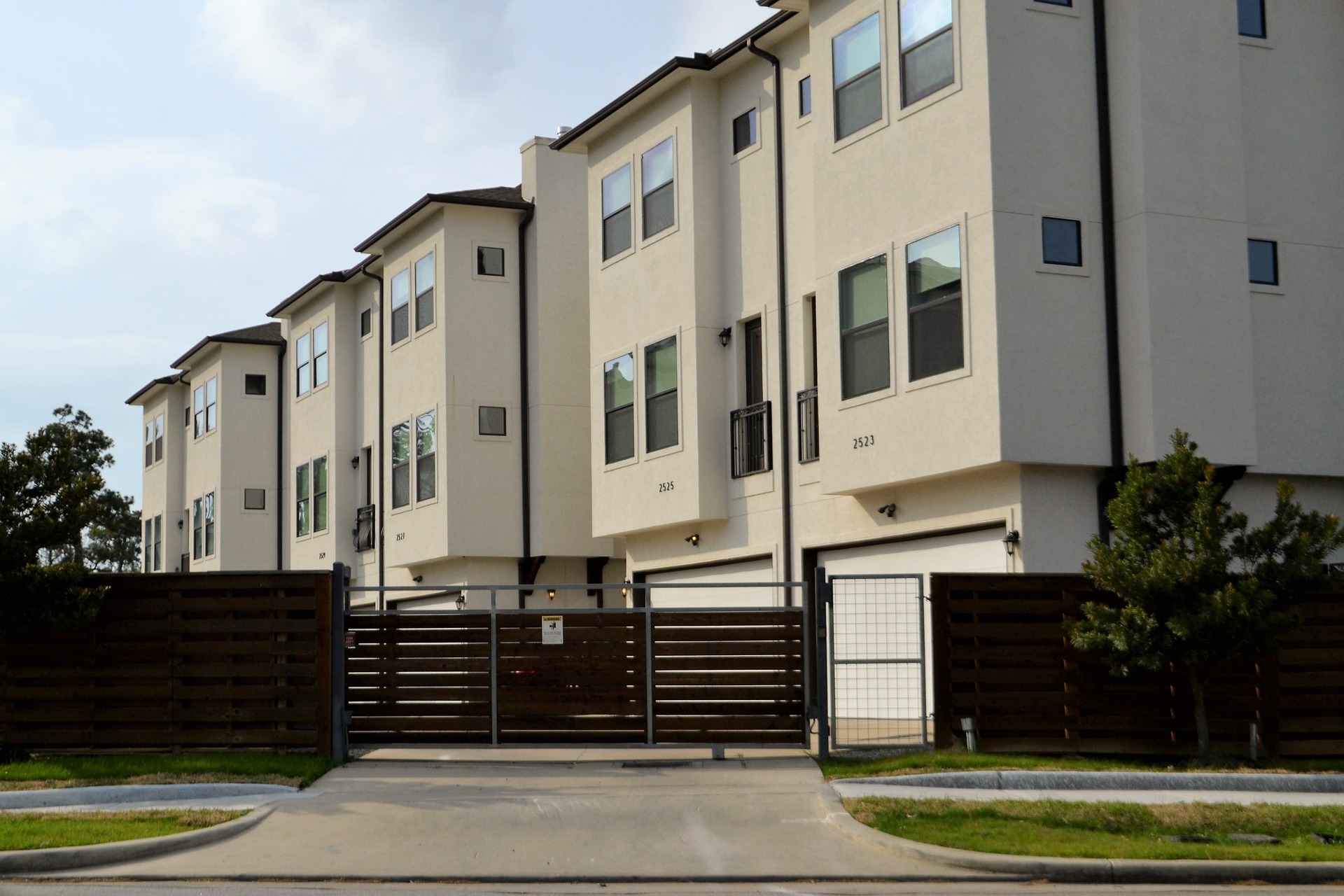"Decoding the Appeal of Historic Property Investment"
Introduction: In the ever-evolving real estate landscape, historic properties present a unique investment opportunity. These timeless structures, steeped in history, are attracting a growing number of investors. Let's delve into this intriguing investment avenue and explore its potential.

The Allure of Historic Properties
Historic properties, those typically built before 1960, hold a unique charm and timeless appeal that modern properties often lack. From unique architectural details to the narrative of historical significance, these properties can offer investors a unique selling point, enhancing the potential for higher returns. The National Trust for Historic Preservation in the United States has reported an increasing interest from investors in preserving and investing in these culturally valuable properties.
Unlocking the Economic Potential of Historic Properties
Investing in historic properties can translate into substantial financial benefits if approached strategically. Often located in established neighborhoods, these properties can command higher rental rates or resale values due to their unique appeal. Additionally, several regions offer tax incentives and grants to encourage the preservation of historic properties, making them an attractive investment proposition.
Challenges in Historical Property Investment
Investment in historic properties is not without its challenges. These properties often require substantial renovation and upkeep, which can significantly add to the initial investment. Regulatory restrictions around preservation can also limit the changes that can be made to the property, affecting the potential return on investment.
Impact on the Real Estate Market
The growing interest in historic property investment is influencing real estate trends. It’s encouraging sustainable redevelopment, adding value to neighborhoods, and contributing to urban revitalization efforts. For investors, it opens up a new avenue for diversification, providing an alternative to the more traditional property investments.
Strategizing Historic Property Investment
Investing in historic properties requires careful planning. It’s crucial to conduct a thorough property inspection to gauge the extent of required renovations. Understanding the local market conditions, potential tax incentives, and preservation regulations is also essential. With the right strategy, historic property investment can offer a rewarding blend of financial returns and cultural preservation.
In conclusion, historic property investment offers an intriguing blend of financial potential and cultural preservation. Though it presents its own set of challenges, with a strategic approach, it can offer a rewarding alternative to traditional real estate investments. As the market continues to evolve, it’s clear that these timeless properties will continue to hold a significant place in the investment landscape.




